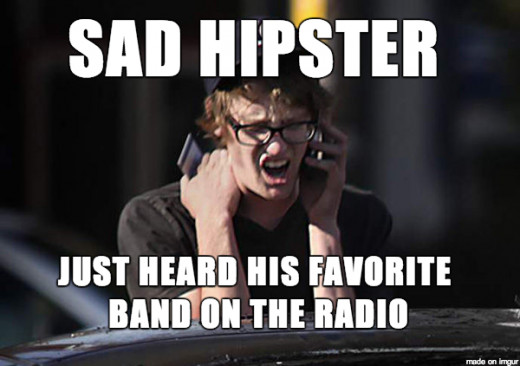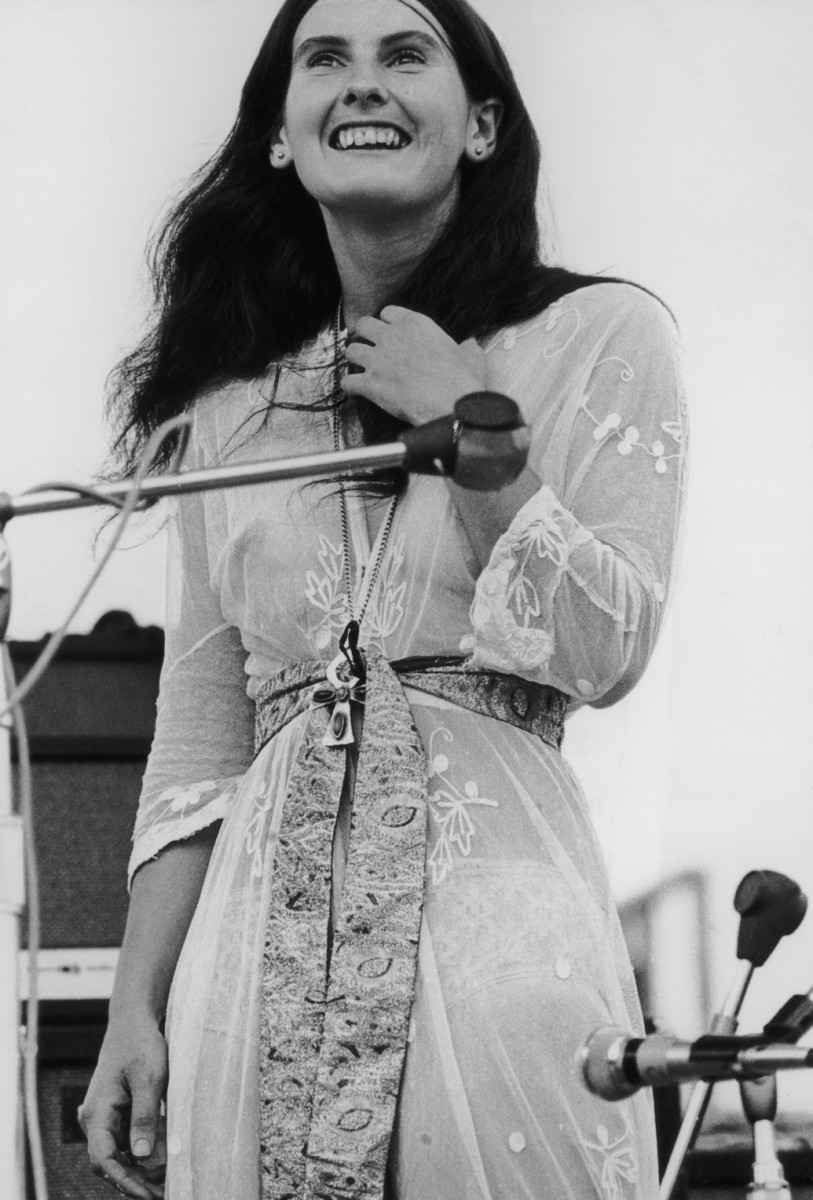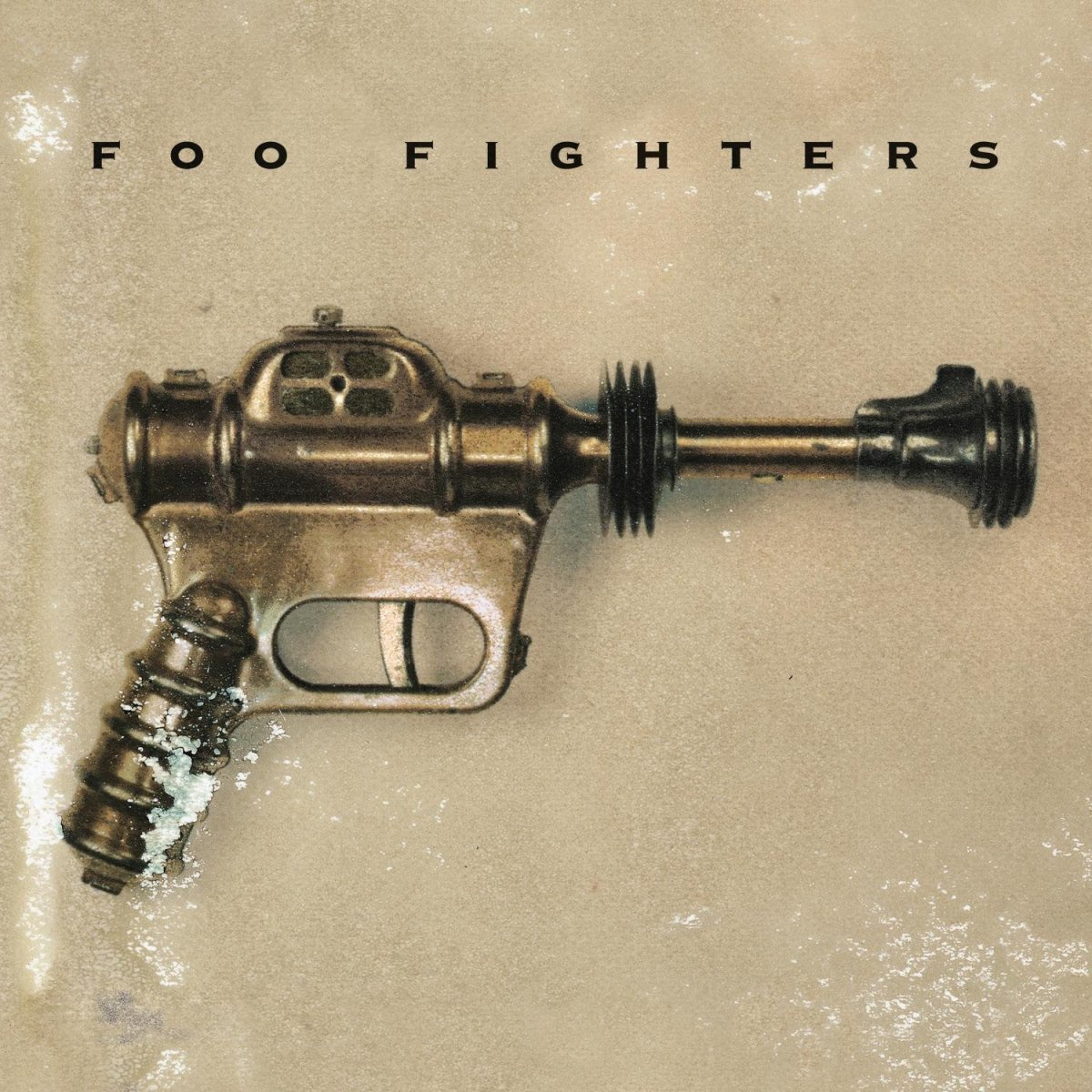What does being a Hipster really mean?


The term Hipster used to describe someone who was educated and 'in the know' of upcoming trends and musicians. Today that description has warped into an obnoxious figure of opposition to the commercial and mainstream media and culture, choosing instead to dedicate themselves to countercultures and artistic figures ignored by popular media outlets.
Let's break this down. First of all, the principle of being a hipster was never something that was going to be showcased accurately to popular culture. The term 'Hipster' can't describe a person, because it is an action. Not like 'I'm totally hipstering right now', but it is a quest for knowledge in a field that you were not initially familiar with. Being 'hip' is the equivalent to being informed. It is just the common assumption to say these people are interested in organic food, progressive politics, and vintage clothing. People want to attach this to a certain type of figure because it is easily used as an umbrella term for people don't fit the societal norms of popular culture today. The belief that people are purposely striving to be different from the greater population is what drives the stereotype forward. This is what causes the misuse of the term 'hipster' when describing a person. Oh, you like something no one within five miles of you has heard of? Well then you must be a hipster.
The reason hipsters are known to reject mainstream culture is because they don't believe it's authentic. It is devised, it is crafted, formulated, shaped, and distorted into things that are appropriate for anyone to see, allowing companies to make more money from more people. This is where the issue of 'selling out' comes in. Let's say that there is a comedy band with offensive language in their songs, gathering a significant audience over a number of years. One day, a record company comes along and says "Hey, I can put you on the radio, but you have to take out all the obscenities". The language in their songs is what made them so funny to begin with. If they agree, they took the money and divert from their original style, removing what was genuine about them in exchange for the money and exposure.
This illustrates the difference of knowing what's going on now, as opposed to what's going on next.
The other reason hipsters are opposed to popular fads of the mainstream is because chances are they've probably seen it before, and have already moved on from it. Whether it is music, movies, books, or fashion, the whole point of being a hipster was knowing about a fad when it first arrived. It can take years for trends to hit the mainstream market, so hipsters believe that everyone is just now catching up. It can also become annoying when everyone around you is obsessing about something that is either disingenuous, unoriginal, or possibly even stolen from someone they appreciated so they could make money for themselves. Their resentment towards people who follow the mainstream trends comes from their knowledge of where the trends actually began. A company may look a certain way, or state facts that aren't necessarily true so they can reach a certain audience, making the consumer ignorant to what the company really stands for.
Most people described as hipsters actively project themselves into the creation of popular trends because they aspire towards creative jobs like graphic design, music and film production, textiles, advertising, and free-form art. Their ideas have to stray away from the norm because they are trendsetters who aren't looking to major markets for their inspiration. It is this kind of separation from mass media that gives them the title of a hipster. They do now follow, they are the silent leaders.
I've been described as a hipster many times, and I will now give you simple explanations as to why I do the things I do.
- I listen to unknown artists because I get tired of things quickly. The artists on the radio today are consistent in their style. If you've heard one of their songs, for the most part you've heard them all.
- I design my own clothes because I want to be truly and unabashedly myself, which may include putting a sequined octopus on my t-shirt. I know I could just buy one, but I have more pride in the things I put effort into.
- I eat organic food because I'm focused on staying healthy. Eating junk all the time makes me lose my focus and affects my mood. Quite simply, it is better for you. I'll trade chips for carrots and hummus if it means I can walk around without back pains for another few years.
- I wear glasses because I have a prescription. My vision is terrible. I know a big stereotype is that they wear large, non-prescription glasses. I cannot speak to this due to my lack of eyesight.
- I shop at vintage stores because they sell one-of-a-kind pieces. I want to search through the trash to find the treasure, not sort through the copies to find the one that fits me.
- I watch a lot of independent movies because they have more freedom to explore subject matters that larger film companies may not have enough faith in to invest. Also, I am a writer, I want to know how these people are making movies so I can eventually do so as well.
- My style is androgynous because I am gender-fluid. Sometimes I feel like a girl, sometimes I feel like a boy. I dress accordingly. Also, I wear flannel and skinny jeans because I get cold all the time. Tight fitting clothes allow for more layers without looking boxy or puffy.
- I listen to music on record players because it reminds me of when I used to listen to music with my parents. It's a nostalgia factor. I also enjoy feel that 70's and 80's music sounds better on a record.
- Finally, I drink Pabst Blue Ribbon because I am not a decision maker. I don't like to try things I know won't work. PBR always works for me.

'Hipster' mainly describes people who don't like to be restricted by labels, which has a lot to do with the principles we as Americans are raised by. The people who have chosen to break free are the ones labeled as hipsters. They like to blend, adapt, and weave through what they see, taking in the details that relate the most to them individually.
This whole argument of being a hipster and not being a hipster is rooted in the innate desire to be accepted. Being a "hipster" is about breaking away from what is generally seen as popular to explore independent interests, which yes, commonly relate to literature, music, art, fashion, and media. Hipster is just another word for an exploration of self-fulfillment and identity. You don't like something because everyone else likes it, you like it because it is something YOU personally think that it is worth investing in. Part of that includes having the courage to stand up and say 'these are the things I like, and it doesn't matter who else agrees or disagrees with me, because it is a personal choice'.



